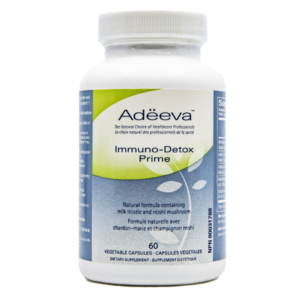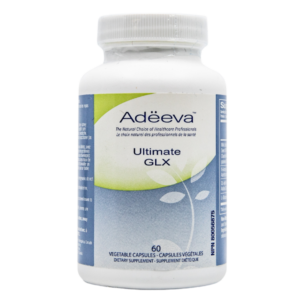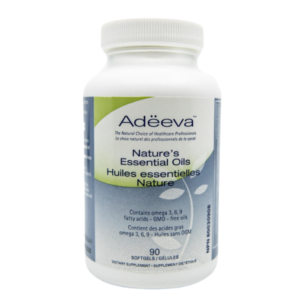
Forty-five Minutes of Intense Exercise, Three Times per Week Boosts Immune System and Reduces Cancer Risk
Source: Journal Clinical Cancer Research (2023)
Lifestyle Medicine Update (October 12, 2023)
Research over the years has shown that regular exercise can help to reduce risk of cancer and help prevent cancer recurrence in cancer survivors.
In fact, a large 2019 systematic review of more than 45 studies, which followed several million people, found strong evidence that regular exercise can reduce risk of several cancers – including bladder, breast, colorectal and stomach cancer – by up to 20%. The American Cancer Society recommends 150-300 minutes of moderate-intensity exercise, per week, to help reduce cancer risk.So, there is agreement that exercise can help to reduce cancer risk, but the question has been, how does exercise reduce cancer risk. Part of the answer has been revealed to us by a 2023 published study in the journal Clinical Cancer Research.
In this study researchers recruited 21 patients with Lynch Syndrome and asked half of them to perform 45-minutes of intense endurance, three times per week for one year. Lynch Syndrome patients inherit a genetic mutation that results in hundreds of polyps forming in the colon, which can easily degenerate into colon cancer. As such, these patients are treated surgically and monitored very closely for colon cancer. They are considered very high-risk patients for colon cancer.
Compared to the Lynch Syndrome patients who did exercise, the group of Lynch Syndrome patients who performed the exercise program for 12 consecutive months (45 minutes of intense endurance exercise, three times per week) showed that their immune system was much stronger. More specifically, the exercising group showed higher levels of cancer-fighting immune cells, called CD8+ (cytotoxic T-cells, T-killer cells) and natural killer cells that identify, attack, and destroy emerging and existing cancer cells and other foreign entities, such as viruses and pathogenic bacteria. The exercising group also showed lower levels of prostaglandin series 2 hormones, which also suggests stronger immune function.
This MD Anderson study is the first to show a link between exercise and changes in immune system biomarkers, which help to explain the lower cancer rates in people who exercise regularly. So, the 2023 research report suggested that forty-five minutes of intense endurance exercise three times a week may reduce cancer risk in patients with Lynch Syndrome, but it is also likely to help reduce risk of many other cancers due to its immune-boosting effects. Of course, there are other ways to help keep your immune system strong, such as:
- Getting Adequate sleep
- Stress Management
- Having a Healthy Diet
- Staying at a healthy weight
- The Judicious use of alcohol or eliminating alcohol.
- Not smoking
- Avoiding illicit drugs that weaken the immune system. Remember that THC and CBD from marijuana have immune suppressing properties.
- Keeping your vitamin D blood level between 75 – 150 nmol/L (30 – 60 ng/ml)
- Consuming adequate immune-supporting nutrients (i.e., vitamin C, vitamin E, selenium, zinc)
- Taking an immune-supporting supplement after age 50 that contains ingredients such as Astragalus, Reishi mushroom extract, Milk thistle and Indole-3-Carbinol.
I would suggest that all these practices are important in healthy immunity and by an extension, cancer prevention. But in addition to this, getting the right amount of regular exercise is a proven strategy to help reduce the risk of cancer. The 2023 study in Clinical Cancer Research is the first to show us the positive effect of exercise on boosting the action of key cancer-fighting immune cells. I have included the reference for the 2023 study in the text below, along with other related references of importance.
References:
Deng N et al. Exercise training reduces the inflammatory response and promotes intestinal mucosa-associated immunity in Lynch Syndrome. Clinical Cancer Research. September 27, 2023. https://aacrjournals.org/clincancerres/article/doi/10.1158/1078-0432.CCR-23-0088/729282/Exercise-Training-Reduces-the-Inflammatory
We Know Exercise Prevents Cancer. A New Study Tells Us Why. Medscape. October 10, 2023. Courtney Southwick.
https://www.medscape.com/s/viewarticle/997091?ecd=WNL_trdalrt_pos1_ous_231009_etid5934982&uac=342474MN&impID=5934982#vp_1
Schwartz A. L. Exercise may help prevent cancer or its recurrence. Cure. November 4, 2020. https://www.curetoday.com/view/exercise-may-help-prevent-cancer-or-its-recurrence
Eat Smart, Live Well, Look Great,
Dr. Meschino
Recommended Supplements

Dr. James Meschino
ABOUT THE AUTHOR
Dr. James Meschino, DC, MS, ROHP, is an educator, author, and researcher having lectured to thousands of healthcare professionals across North America. He holds a Master’s Degree in Science with specialties in human nutrition and biology and is recognized as an expert in the field of nutrition, anti-aging, fitness, and wellness as well as the author of numerous books.

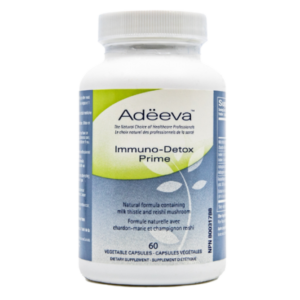

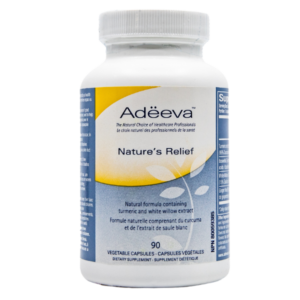

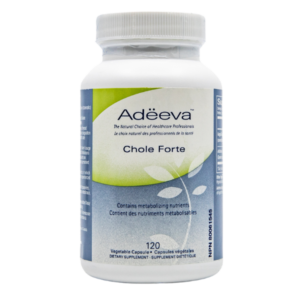

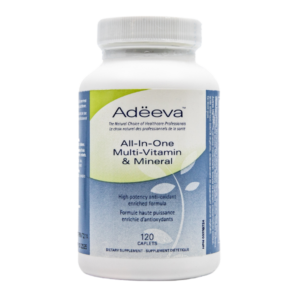 All-in-One Multi-Vitamin & Mineral
All-in-One Multi-Vitamin & Mineral
